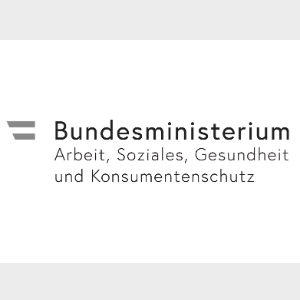Fighting against cancer today: A policy summary
Download
This report summarizes the main conclusions and policy lessons arising from the cancer control activities carried out under the Slovenian Presidency of the European Union (EU) in 2008. It reflects ideas that emerged from the policy dialogues, conferences and workshops that were held under the Slovenian Presidency and the key evidence in two publications arising from these activities: Responding to the challenge of cancer in Europe (Coleman et al., 2008) (published by the Slovenian Institute of Public Health (IVZ)) and a special issue of the European Journal of Cancer (EJC). The cancer control approach endorsed by participants rests on four main pillars of action: primary prevention, secondary prevention (screening), integrated care and research.
Primary prevention is the first step any society can take to reduce the incidence of cancer, with positive effects on other noncommunicable diseases. Addressing certain lifestyle choices (tobacco cessation, decreased alcohol consumption, healthy diet and physical activity) has been shown to improve population health and reduce cancer deaths. Environmental and occupational risk factors should mainly be tackled by traditional health protection activities. At a policy level, population-based mass screening programmes, which have been proven to reduce cancer mortality substantially, must be clearly distinguished from opportunistic screening, for which there is insufficient evidence of population benefit. Screening programmes must be based on solid evidence. Once cancer has been diagnosed, truly integrated care should be the goal of the health system. The care pathways between diagnosis, treatment (including chemotherapy, radiation and surgery), psychological support, palliative care and rehabilitation need to be well organized in order to optimize outcomes (including quality of life) for all patients. Significant investments in research are required across the board. European research is strong in the basic sciences, but domains such as epidemiology, health system management, translational research, prevention and palliative care have consistently been underfunded. Finally, European regulations, intended to harmonize some processes between countries, such as in clinical trials and the transfers of personal data, have had the opposite effect, hindering important advances. Strong leadership and a more coherent European infrastructure are both vital if the EU is to make the most of its strengths and take a worldwide lead in cancer research.





















